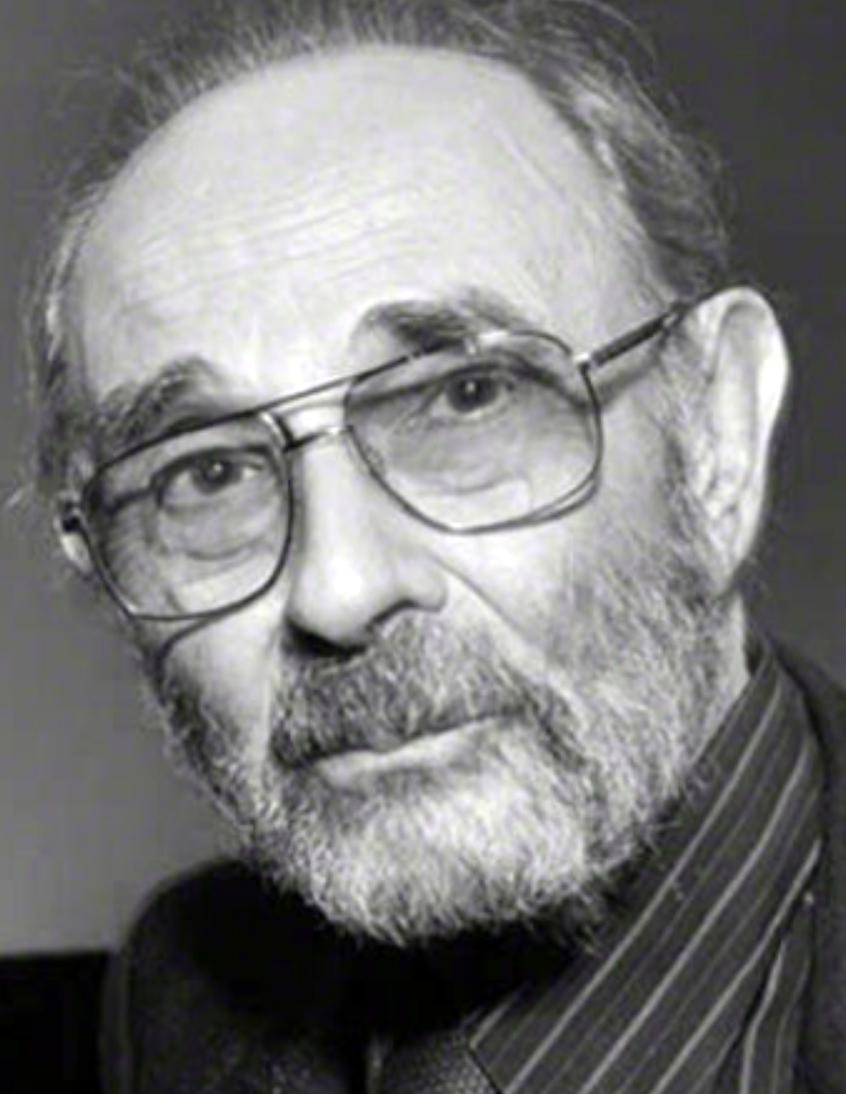On this date in 1924, film director and choreographer Stanley Donen was born in Columbia, South Carolina, to Helen (Cohen) and Mordecai Moses Donen, a women’s dress shop manager. He described his childhood as lonely and unhappy due to the dearth of Jewish families in Columbia and occasional bullying by anti-Semitic schoolmates. He sought refuge in movie theaters when he could.
His religious training was negligible, though he would come to be conversant with show business Yiddish. While his father was “deeply pious,” his mother was not. He was 13 when his sister Carla was born, his only sibling. “[The South] was sleepy, it was awful, I hated growing up there, and I couldn’t wait to get out,” he said. (“Dancing on the Ceiling: Stanley Donen and His Movies,” 1996)
He sometimes went with his father on buying trips to New York City, where they would take in musicals in the evenings. It was there his love of dance was awakened. He left school at age 16 and, encouraged by his mother, took a room in New York and landed a job in the chorus of the Broadway production of “Pal Joey.” Two years later he was hired as a dancer at MGM in Hollywood and appeared in the 1943 movie version of “Best Foot Forward,” which he helped choreograph. Gene Kelly, 12 years Donen’s senior, was playing the lead.
It was their first film work together in a decade-long collaboration that was extraordinarily fertile musically and visually. The peak, in many eyes, was “Singin’ in the Rain” (1952), which they co-directed and starred Kelly dancing in a downpour. Co-stars included Debbie Reynolds, Donald O’Connor, Jean Hagen (Best Supporting Actress nominee) and Cyd Charisse. A 2007 American Film Institute survey of the top 100 American movies ranked it at No. 5.
Whether directing, producing or choreographing, movie musicals were Donen’s oyster from about 1945 into the 1960s. Jean-Luc Godard called him “the master of the musical” whose forte was collaboration, which musicals as a genre rely on to succeed. His musicals included “Anchors Aweigh,” “Take Me Out to the Ball Game” (directed by Busby Berkeley), “On the Town,” “Royal Wedding” (Fred Astaire dancing up the walls and across the ceiling), “Seven Brides for Seven Brothers,” “It’s Always Fair Weather,” “Funny Face,” “The Pajama Game” and “Damn Yankees.”
Critics were less enamored with his rom-com and suspense films, with the exception of “Charade” (1963) for its exceptional Audrey Hepburn-Cary Grant chemistry and “Two for the Road” (chemistry courtesy of Hepburn and Albert Finney). “Blame It on Rio” (1984), panned by critics and starring Michael Caine, was his last directorial effort.
In between “Charade” and “Rio” was “Bedazzled,” starring Dudley Moore, Raquel Welch and (as Satan) Peter Cook. “The film pokes unremitting fun at God’s pathological need to be constantly bowed down to, complimented, admired, adored and fawned over by his mortal subjects and his immortal angels,” commented reviewer Richard Kavich. At the end, Cook shakes his fist skyward and exclaims, “God — you’re just unbelievable!”
All five of his marriages — to dancer and choreographer Jeanne Coyne, actress Marion Marshall, Adelle Beatty, actress Yvette Mimieux and Pamari Braden — ended in divorce. He had three sons, one of whom died of a heart attack at age 50.
“But he did not like living alone. For a time he had a cushion in his living room embroidered with the words ‘Eat, drink and remarry.’ ” (N.Y. Times, Feb. 23, 2019) Entertainer and filmmaker Elaine May was his longtime domestic companion after his last divorce in 1994 until his death at age 94.
The Academy of Motion Picture Arts and Sciences acknowledged his mastery in 1998 with a lifetime achievement Oscar for “a body of work marked by grace, elegance, wit and visual innovation.” It was seen by many as “Hollywood’s way of making amends because Donen had never been nominated for an Oscar, much less won one.” (Ibid.)
Introducing Donen for the award, director Martin Scorsese said, “Once upon a time, a lonely boy in South Carolina was sparked by the wonder of movies, captivated by everything from cowboys to comedians to movie monsters. And then he saw his first musical, ‘Flying Down to Rio.’ ” It starred Astaire and Ginger Rogers when Donen was 9. He died in New York City of heart failure, the last surviving director of Hollywood’s Golden Age. (D. 2019)


